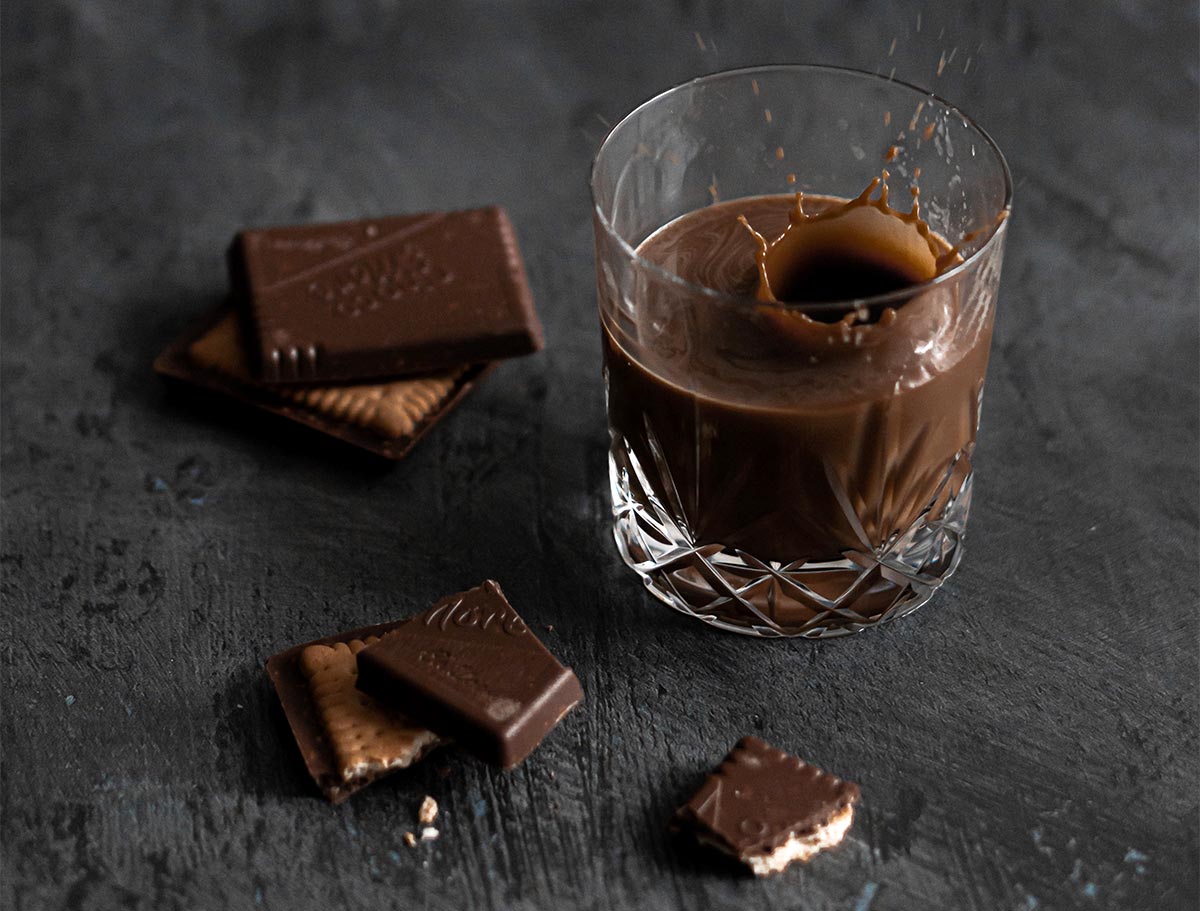The average American consumes a significant amount of chocolate each year, around 10-12 pounds (4.5 kg). This widespread love for chocolate can become a challenge when individuals embark on a diet, as the temptation to indulge in its sweet and luscious taste can be overwhelming. While chocolate derives from cocoa, which contains health-beneficial antioxidants, there's a crucial distinction between pure cocoa and the processed chocolate confections we often crave. This difference lies in the processing methods that significantly alter the nutritional profile of the final product. Understanding this distinction is key to making informed choices about chocolate consumption, especially when prioritizing health and dietary goals.
The Sweet and Bitter Truth About Chocolate's Antioxidant Content
While cocoa boasts a rich antioxidant profile, the unfortunate reality is that many commercially available milk chocolates and candies contain minimal amounts of these beneficial compounds. The very antioxidants that give chocolate its characteristic bitter taste are often removed during processing to cater to sweeter palates. This means that the chocolate treats many crave offer little of the health benefits associated with pure cocoa. This is the bitter truth. However, there is a sweet truth as well: you don't have to entirely give up chocolate while dieting. The key is to choose the right form of chocolate. While dark chocolate is generally considered healthier than milk chocolate due to its higher cocoa content, the most antioxidant-rich form of chocolate is defatted cocoa. This form retains the highest concentration of beneficial compounds, making it a superior choice for health-conscious individuals.
Defatted Cocoa: An Antioxidant Powerhouse
Defatted cocoa stands out as a nutritional champion in the chocolate family. It boasts a significantly higher antioxidant value compared to both dark and milk chocolate. To illustrate this difference, the Oxygen Radical Absorbance Capacity (ORAC) value, a measure of antioxidant potency, is used. 100 grams of defatted cocoa has an impressive ORAC value of 55,653. In comparison, 100 grams of dark chocolate has an ORAC value of 20,816, while milk chocolate scores a mere 6,612. This stark contrast highlights the significant difference in antioxidant content between these different forms of chocolate. Defatted cocoa, therefore, offers a potent dose of these health-promoting compounds, making it a valuable addition to a healthy diet. This makes it a great choice for those looking to maximize the health benefits of chocolate without the added sugars and fats found in commercial chocolate products.
Cocoa Tea: A Delicious and Healthy Choice for Dieters
For those on a diet who find it difficult to resist chocolate cravings, cocoa tea, especially blends like CocoPure, provides a satisfying and healthy alternative to traditional chocolate candies and desserts. Made from pure cocoa, resveratrol, and green tea, this combination offers a rich chocolate flavor while providing additional health benefits. Cocoa tea can help satiate chocolate cravings and provide a much-needed chocolate "kick" without derailing dietary efforts. Beyond its delicious taste, cocoa tea can also contribute to increased energy levels, support immunity and heart health, and even aid in weight management. This combination of benefits makes cocoa tea a valuable addition to a healthy lifestyle. This makes it a great way to enjoy the flavor of chocolate without the guilt.
The Health Benefits of Cocoa Tea's Key Ingredients
Cocoa tea's impressive health profile stems from its key ingredients: green tea, resveratrol, and defatted cocoa. Green tea is rich in antioxidants called EGCG (epigallocatechin gallate), which have been shown to support immunity, heart health, and healthy blood sugar levels already within a normal range. Green tea also has thermogenic properties, meaning it can help supercharge metabolism and calorie burning. Resveratrol, a potent antioxidant found in red grape skins, contributes to heart and arterial health. Defatted cocoa, as previously discussed, is a powerhouse of antioxidants and has been linked to supporting heart health and immunity. Additionally, cocoa contains compounds that may support the production of "feel-good" chemicals in the brain, contributing to mood elevation. This combination of ingredients offers a synergistic effect, maximizing the health benefits of cocoa tea.
Cocoa Tea: A Low-Calorie Indulgence
Cocoa tea, such as CocoPure, is often sweetened with stevia, a natural sweetener that has been shown to support healthy blood pressure levels already within a normal range and promote immune health. Importantly, it contains no sugar, preservatives, milk or milk products, artificial colors, or added fats. With only around 30 calories per serving, cocoa tea offers a guilt-free way to enjoy the taste of chocolate while adhering to dietary restrictions. This makes it an ideal choice for those seeking a healthy and satisfying treat. This carefully formulated blend of science-backed ingredients contributes to overall health and well-being, particularly heart health.
1 U.S. Department of Agriculture (USDA) National Nutrient Database. 2 National Institutes of Health (NIH). 3 American Heart Association (AHA). 4 European Food Safety Authority (EFSA).













